In May I wrote a BU Research Blog under the title ‘New ways of publishing?’ on the first time we published an academic paper in the post-review journal Qeios. The paper in question ‘The paper ‘Impact of Men’s Labour Migration on Non-migrating Spouses’ Health: A Systematic Review‘ [1] is part of Shraddha Manandhar’s Ph.D. study at the University of Huddersfield. Shraddha is supervised by the University of Huddersfield’s Prof. Philip Brown and Prof. Padam Simkhada and Bournemouth University’ Prof. Edwin van Teijlingen. Today’s blog is an update on that novel publishing journey.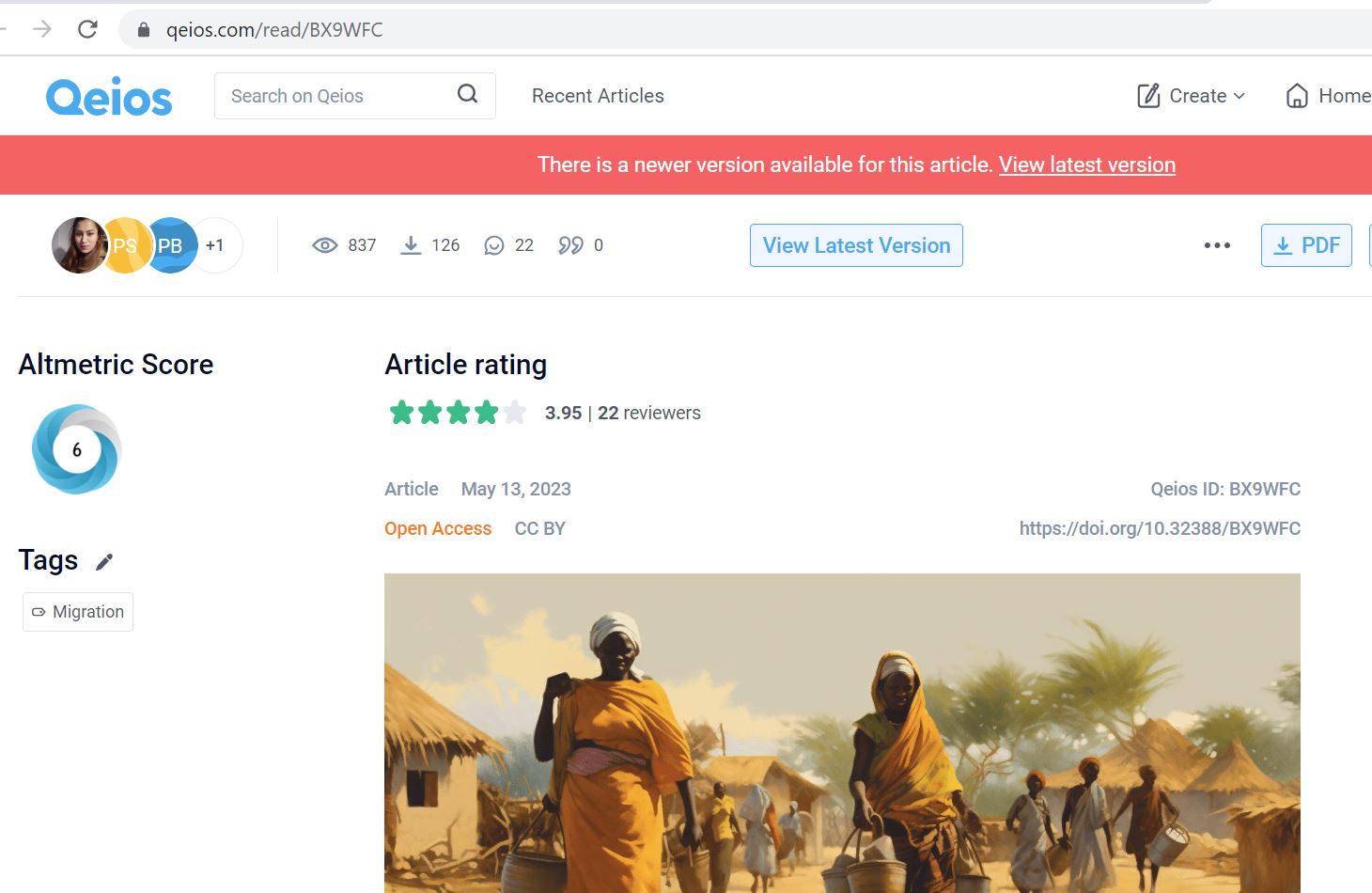
The first point to make is that our paper received twenty-two reviews, not two or three, but 22 different people read and commented on this paper. Sure, some reviews were better than others, some were more insightful, others were more generic, some seem to miss out points, or perhaps skimming the surface a little, but still twenty-two reviews! Secondly, by the nature of post-publication review we have taken the reviews to heart and submitted the second improved version of the paper [2]. The new reference for the paper is very similar to the first one, apart from the new submission data and the indication in the https that we are now on the second version [2]. Thirdly, each of the 22 reviews has its own DOI, and hence can easily be quoted. In the second version of the paper we have cited several of the online reviews [e.g. 3-6]. Last, but not least, Qeois offers Open Access and publishing is free of charge.
The great unknown for us how the academic world is going to view post-publication way of peer-reviewing. We realize that we have been lucky in getting 22 reviews for this paper. As part of learning about Qeios I read a 2022 paper in one of my areas of interest and submitted my own review [7]; this review was only the fifth for the paper.

Prof. Edwin van Teijlingen
Centre for Midwifery & Women’s Health
References:
- Manandhar, S., Simkhada, P., Brown, P., van Teijlingen, E. (2023) Impact of Men’s Labour Migration on Non-migrating Spouses’ Health: A Systematic Review, Qeios,
May 13, https://doi.org/10.32388/BX9WFC - Manandhar, S., Simkhada, P., Brown, P., van Teijlingen, E. (2023) Impact of Men’s Labour Migration on Non-migrating Spouses’ Health: A Systematic Review, Qeios, July 16, https://www.qeios.com/read/BX9WFC.2
- Wu, H. (2023). Review of: “Impact of Men’s Labour Migration on Non-migrating Spouses’ Health: A Systematic Review”, Qeios. https://doi:10.32388/NVW8C3
- Ghosh, A. (2023). Review of: “Impact of Men’s Labour Migration on Non-migrating Spouses’ Health: A Systematic Review”, Qeios. https://doi:10.32388/O1JP7C
- Dong, W. (2023). Review of: “Impact of Men’s Labour Migration on Non-migrating Spouses’ Health: A Systematic Review”, Qeios. https://doi:10.32388/V05O6G
- Bhattacharya, L. (2023). Review of: “Impact of Men’s Labour Migration on Non-migrating Spouses’ Health: A Systematic Review”, Qeios. https://doi:10.32388/SPFPQH
- van Teijlingen, E. (2023). Review of: “Research & Evaluation Framework 2022/23”, Qeios. https://doi.org/10.32388/N8TI2P

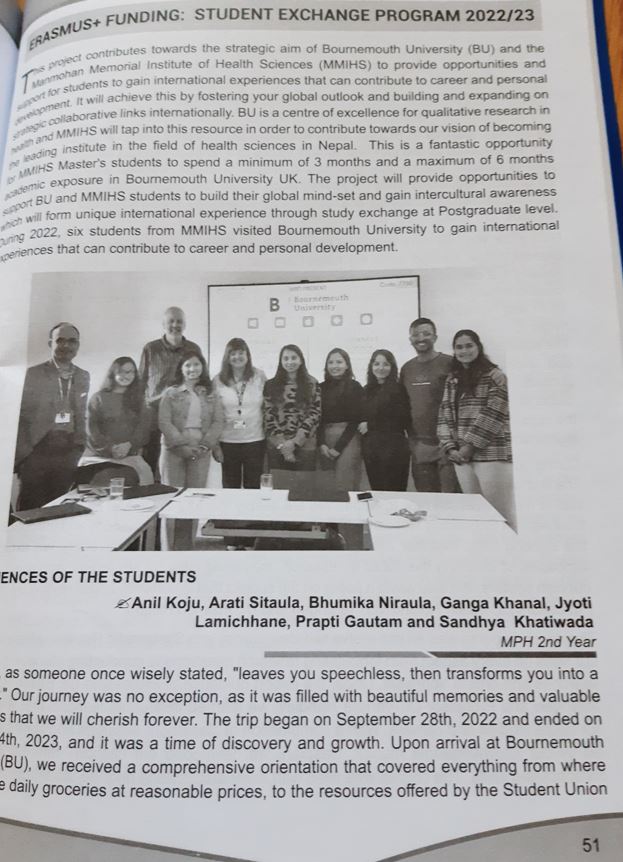
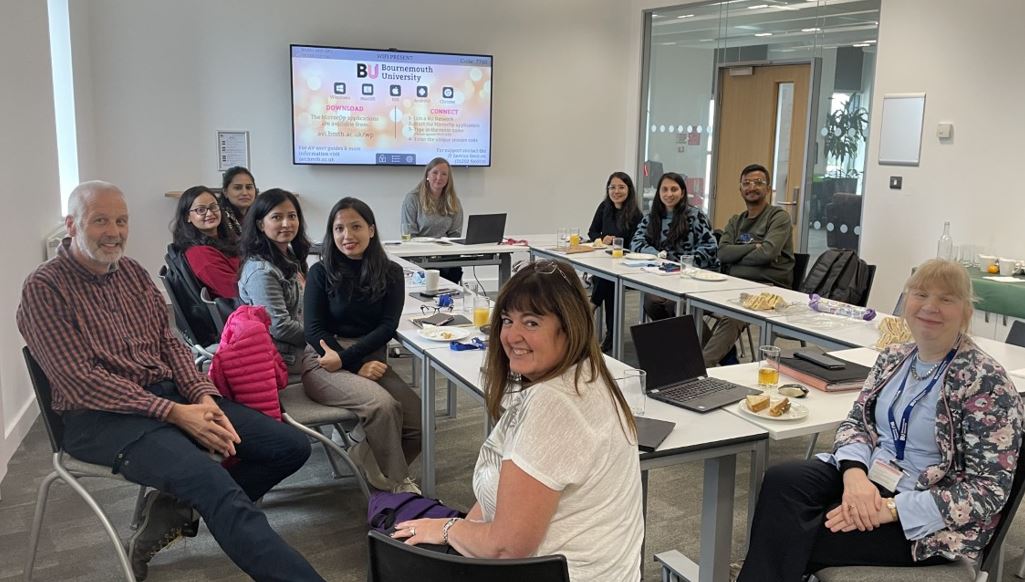
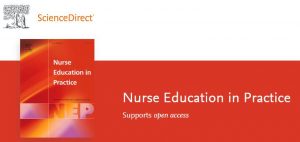

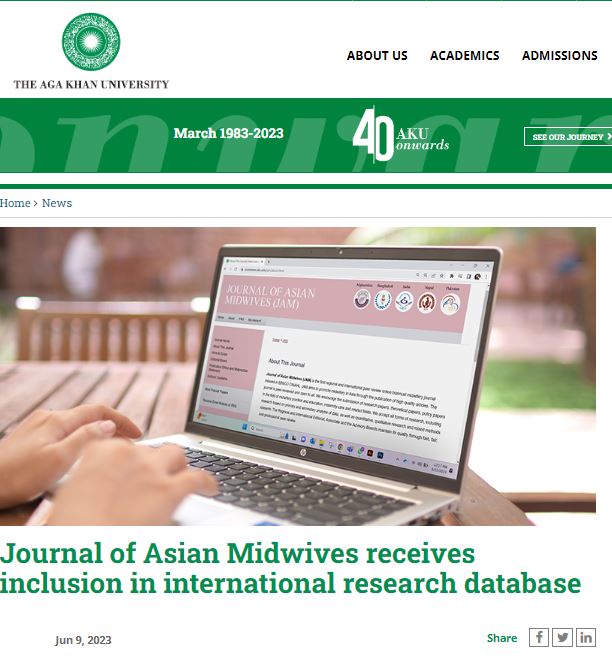



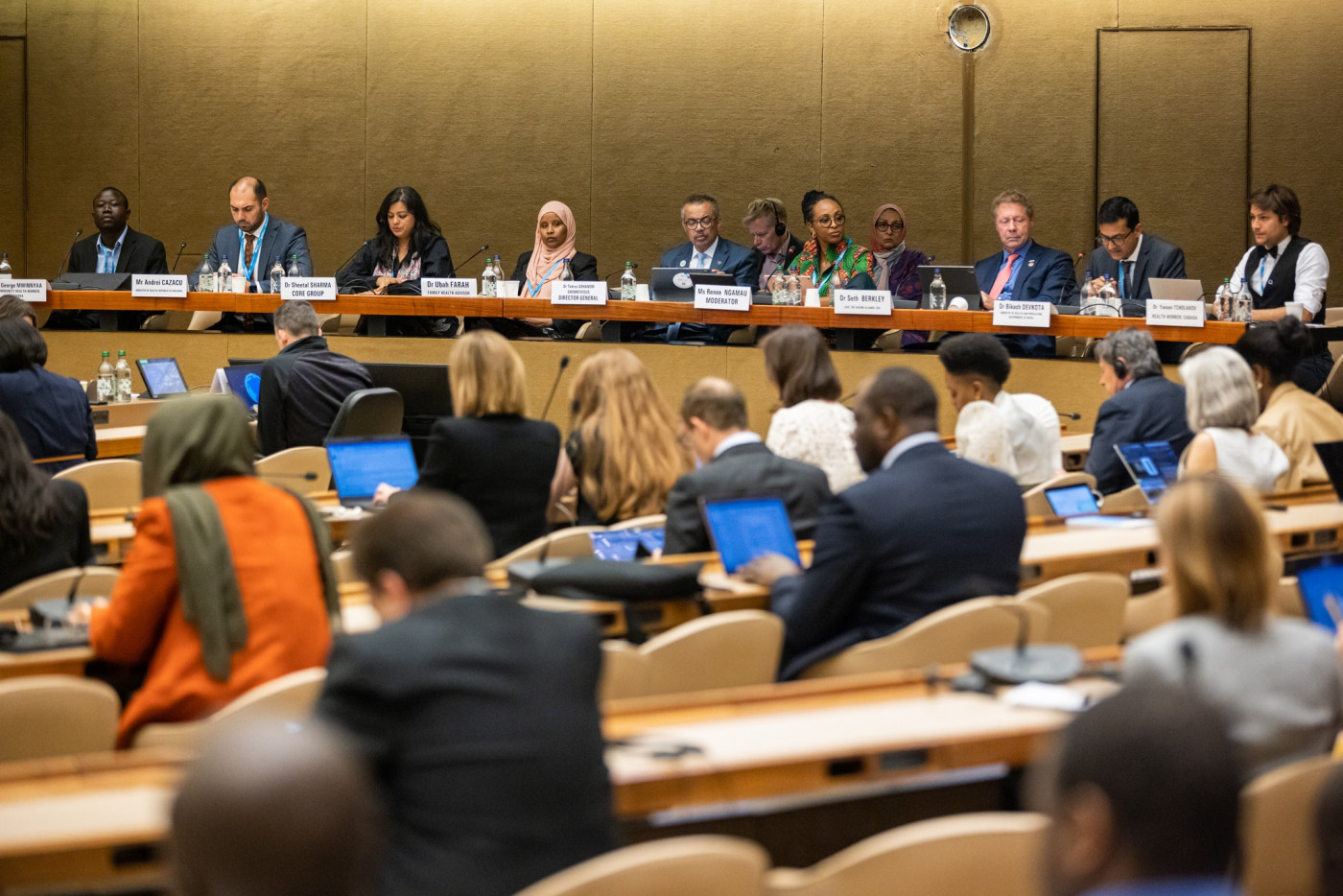

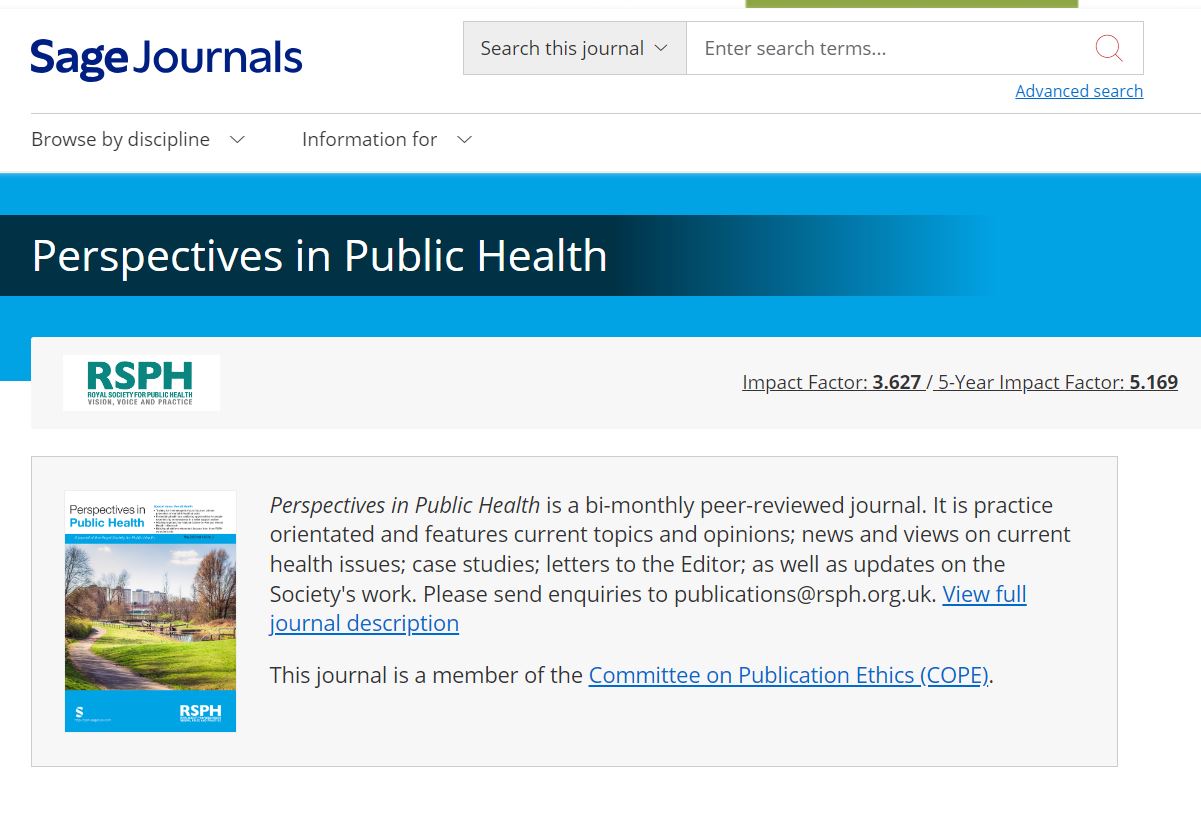
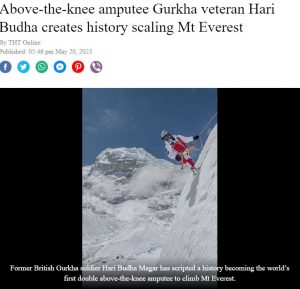


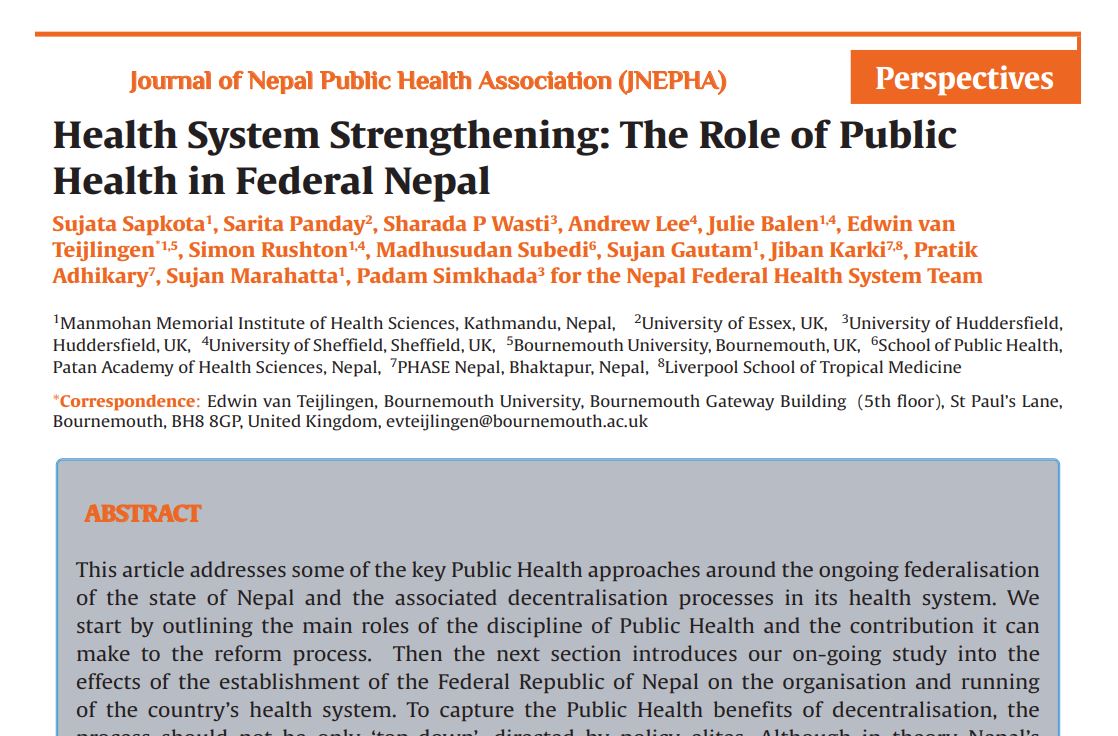
 Last we took a new step into the academic publishing by submitting a paper to Qeios. This Open Access journal publishes papers for free, more or less immediately and after the paper has appeared online peer-reviewers are being invited. The paper ‘
Last we took a new step into the academic publishing by submitting a paper to Qeios. This Open Access journal publishes papers for free, more or less immediately and after the paper has appeared online peer-reviewers are being invited. The paper ‘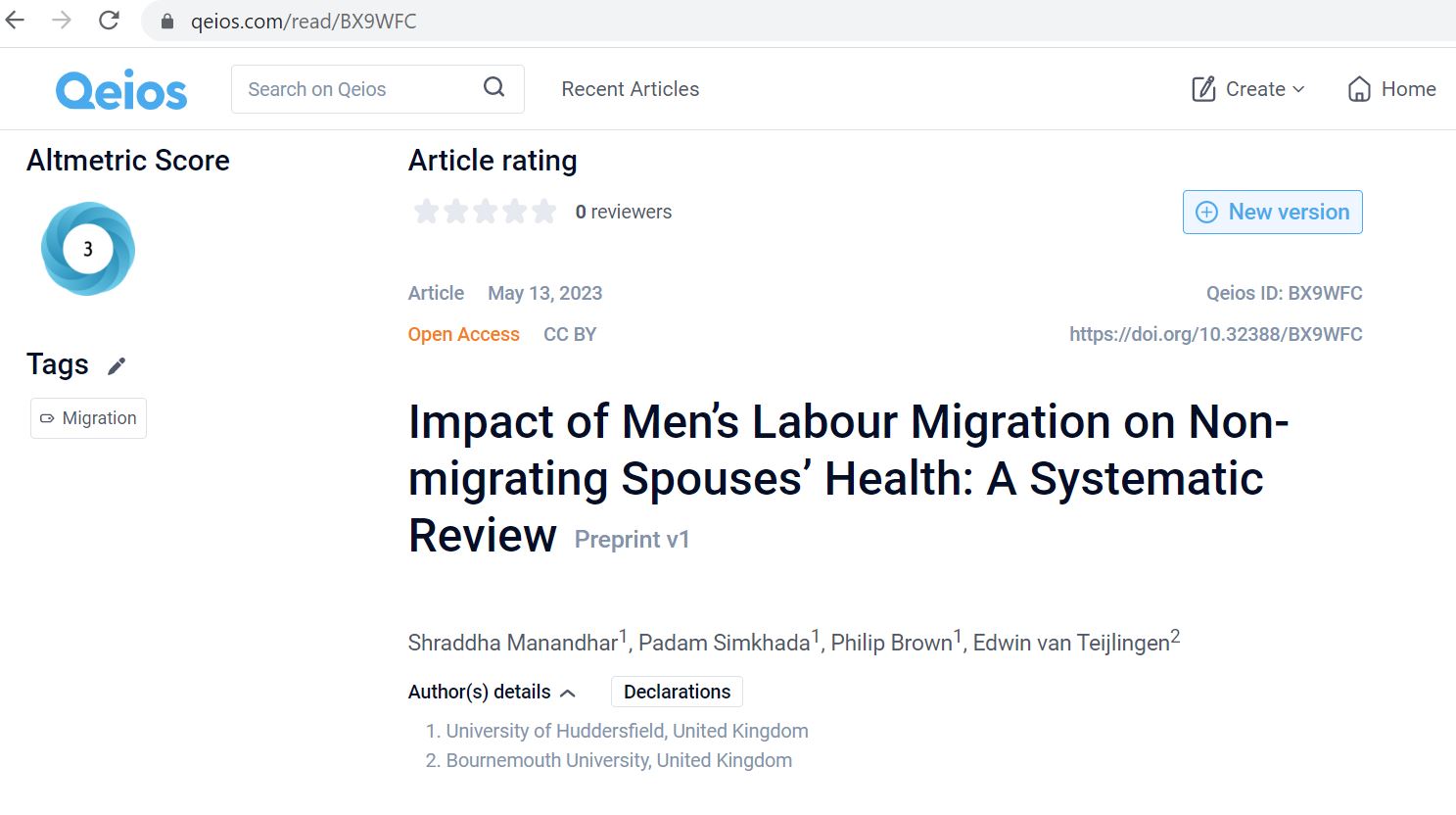


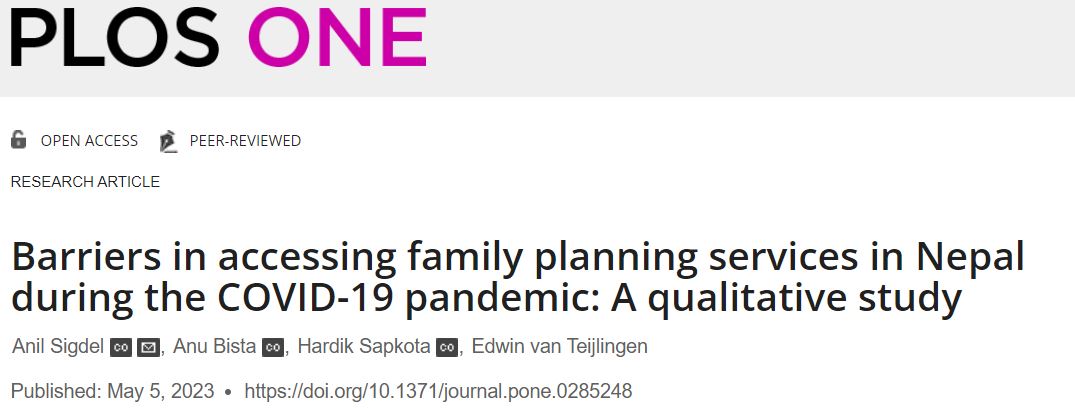
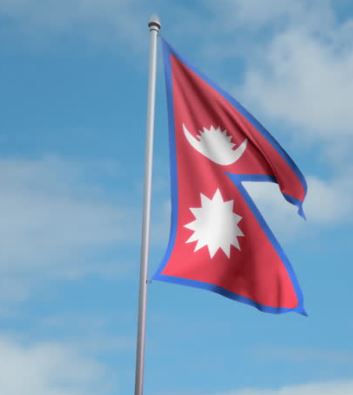
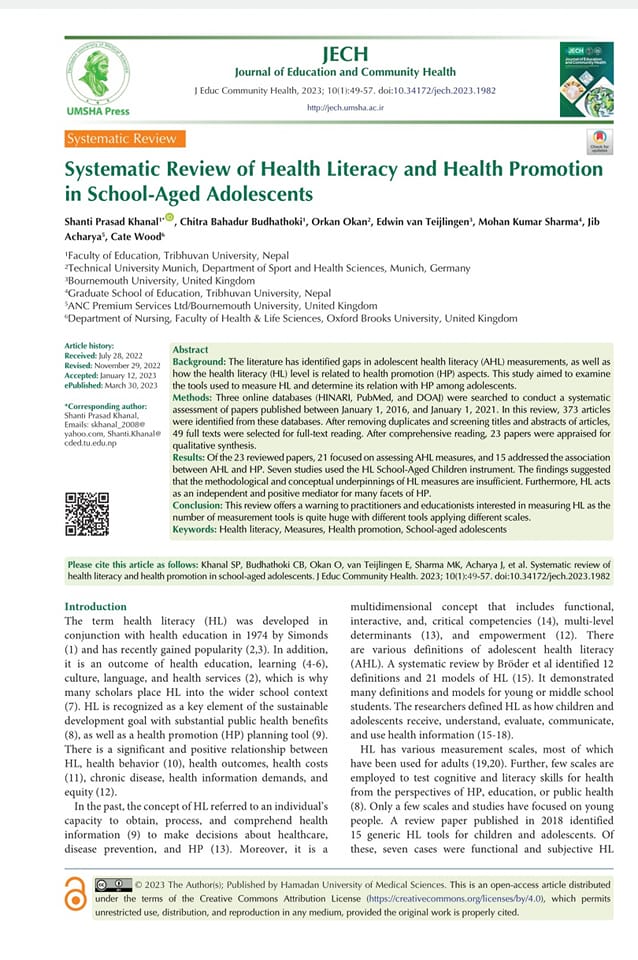
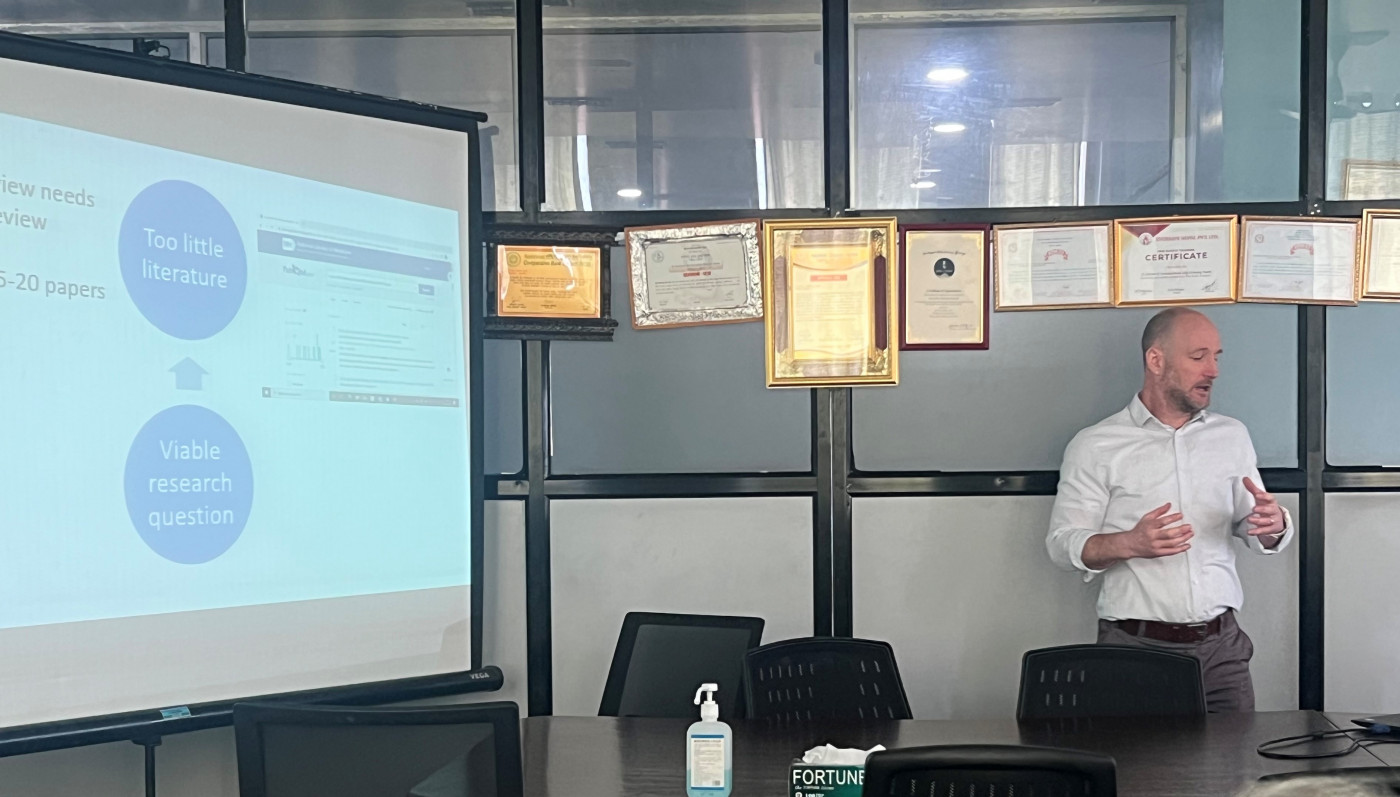


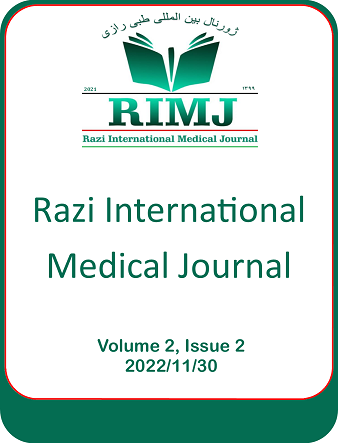
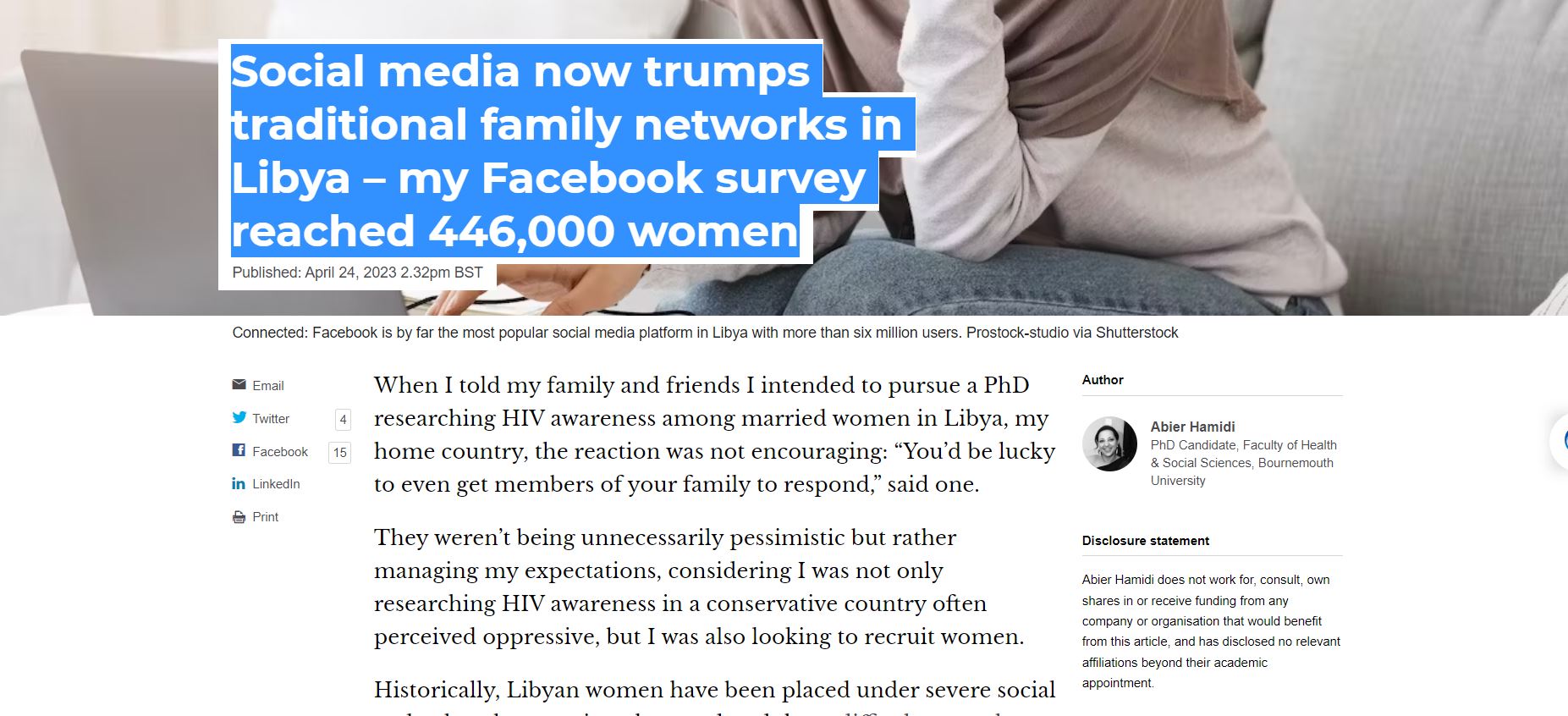

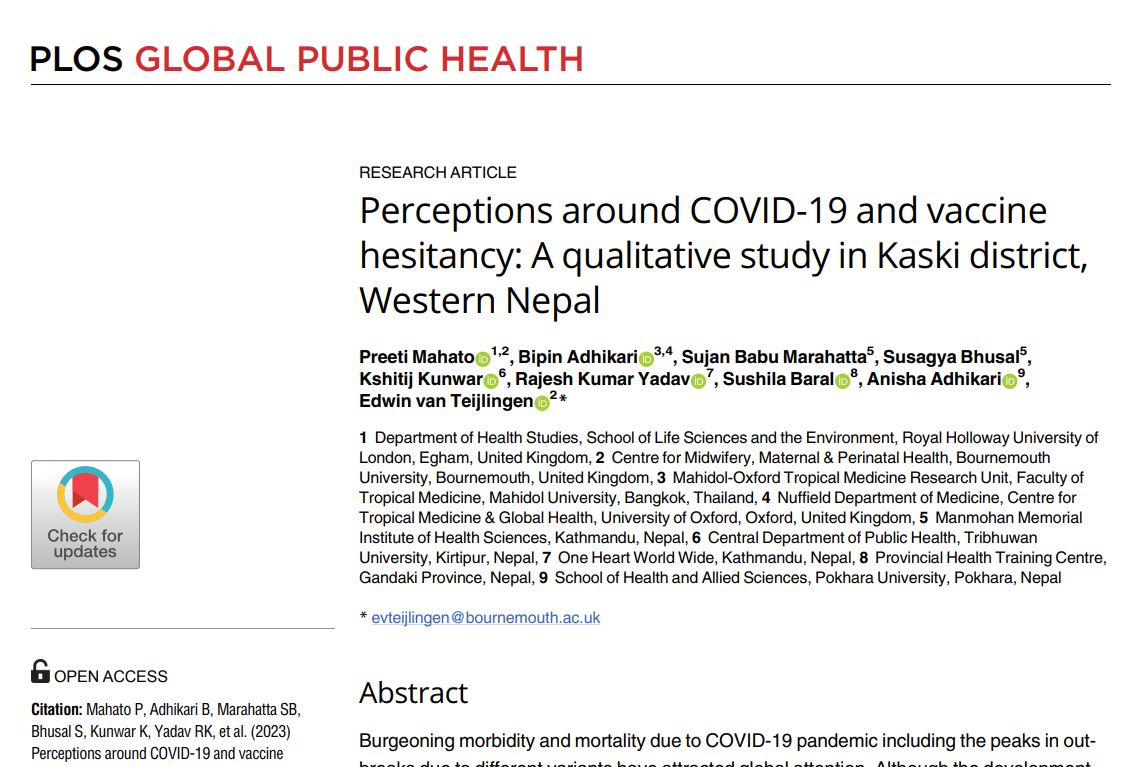
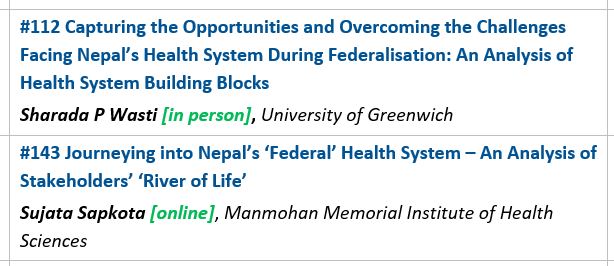
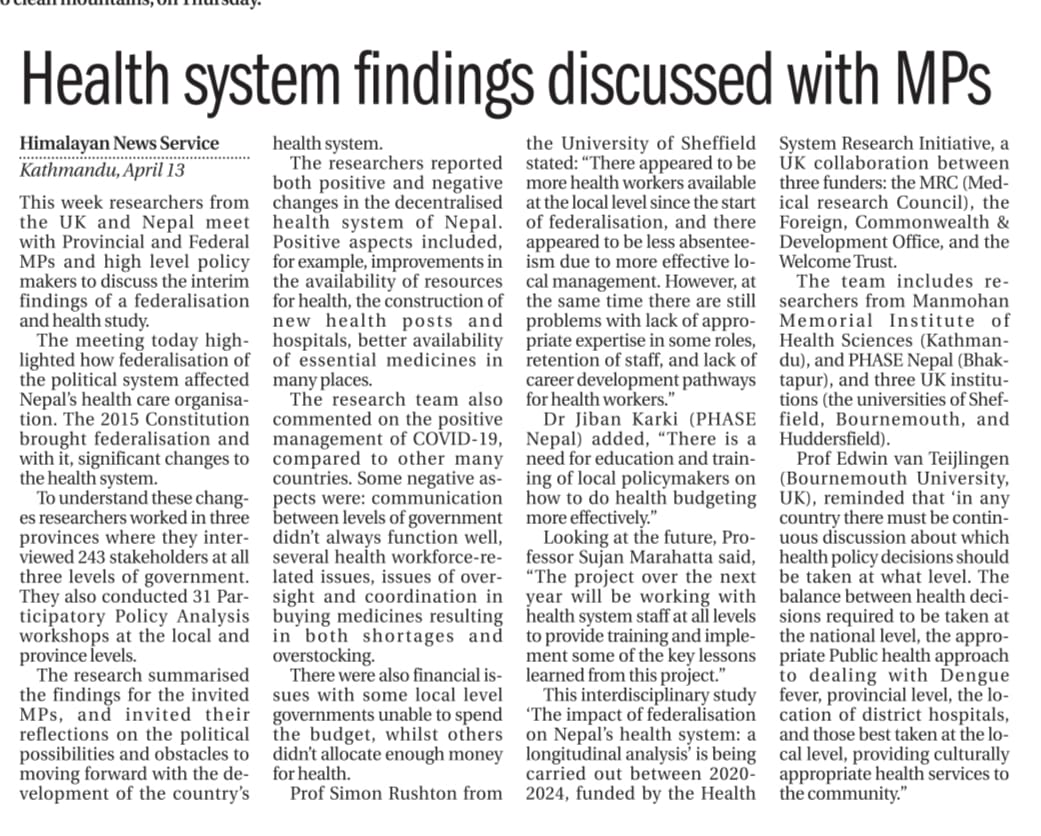
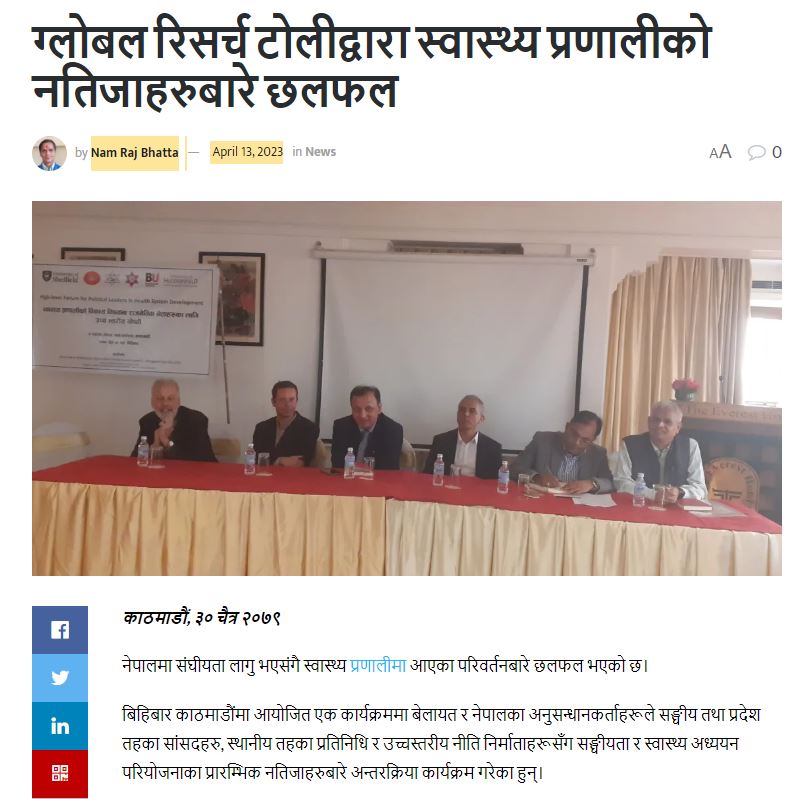
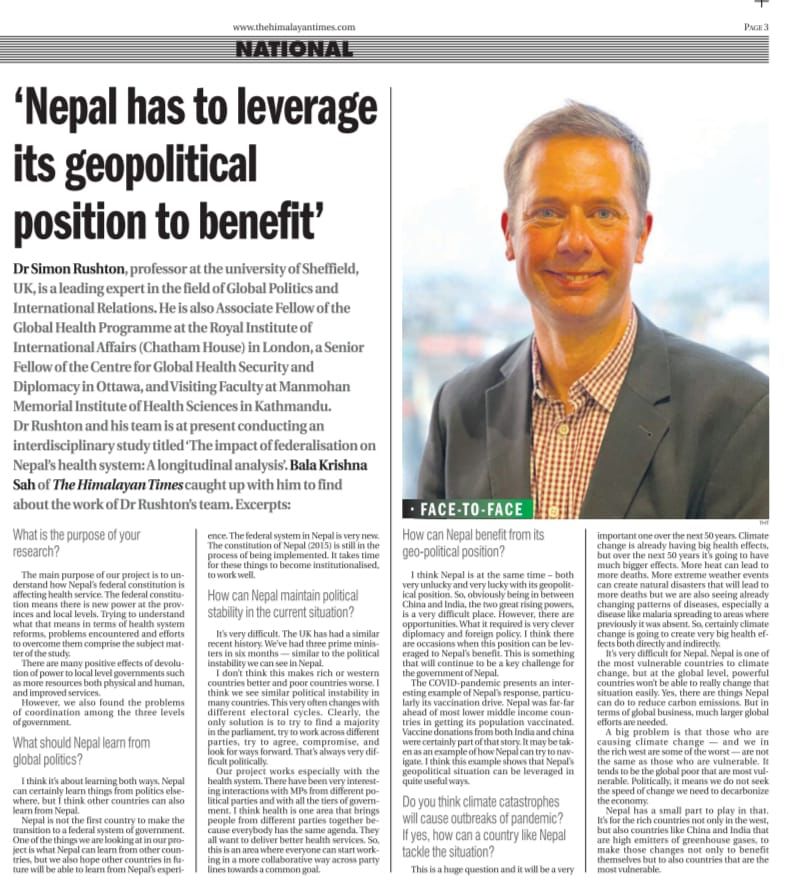
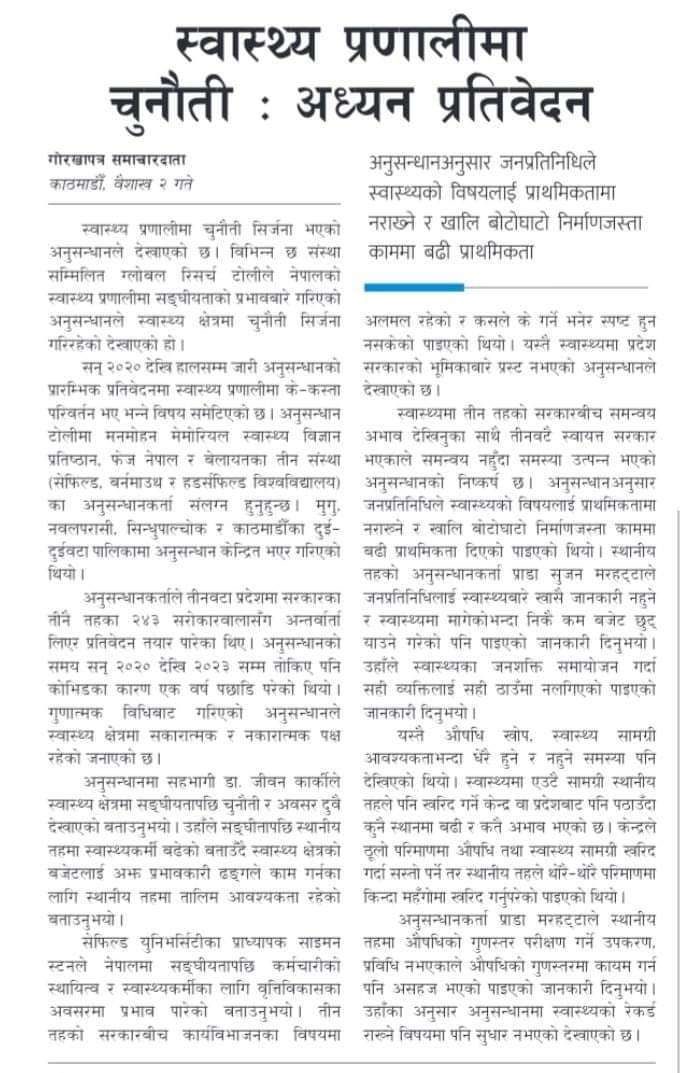











 Expand Your Impact: Collaboration and Networking Workshops for Researchers
Expand Your Impact: Collaboration and Networking Workshops for Researchers Visiting Prof. Sujan Marahatta presenting at BU
Visiting Prof. Sujan Marahatta presenting at BU 3C Event: Research Culture, Community & Can you Guess Who? Thursday 26 March 1-2pm
3C Event: Research Culture, Community & Can you Guess Who? Thursday 26 March 1-2pm UKCGE Recognised Research Supervision Programme: Deadline Approaching
UKCGE Recognised Research Supervision Programme: Deadline Approaching ECR Funding Open Call: Research Culture & Community Grant – Apply now
ECR Funding Open Call: Research Culture & Community Grant – Apply now ECR Funding Open Call: Research Culture & Community Grant – Application Deadline Friday 12 December
ECR Funding Open Call: Research Culture & Community Grant – Application Deadline Friday 12 December MSCA Postdoctoral Fellowships 2025 Call
MSCA Postdoctoral Fellowships 2025 Call ERC Advanced Grant 2025 Webinar
ERC Advanced Grant 2025 Webinar Update on UKRO services
Update on UKRO services European research project exploring use of ‘virtual twins’ to better manage metabolic associated fatty liver disease
European research project exploring use of ‘virtual twins’ to better manage metabolic associated fatty liver disease